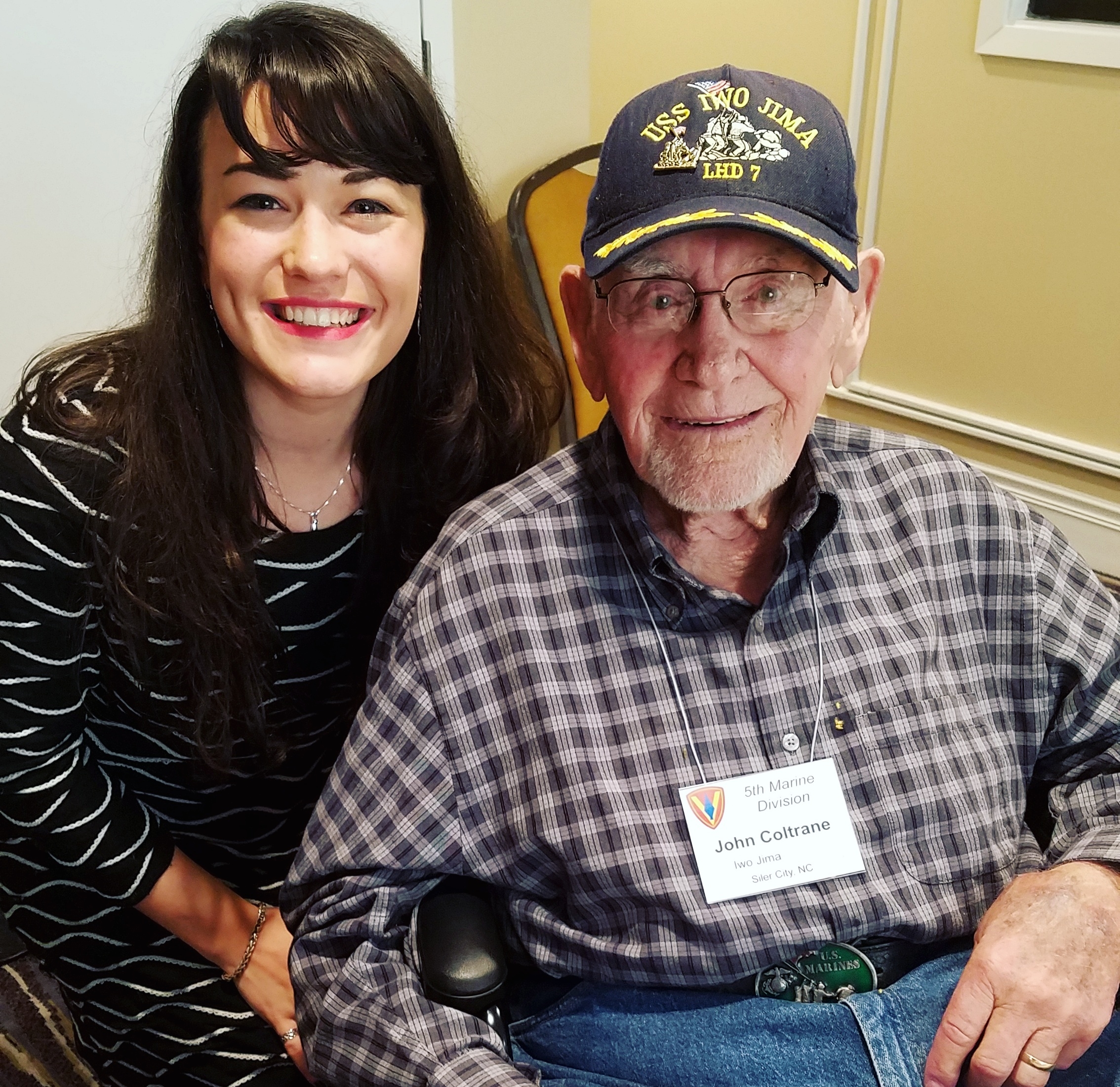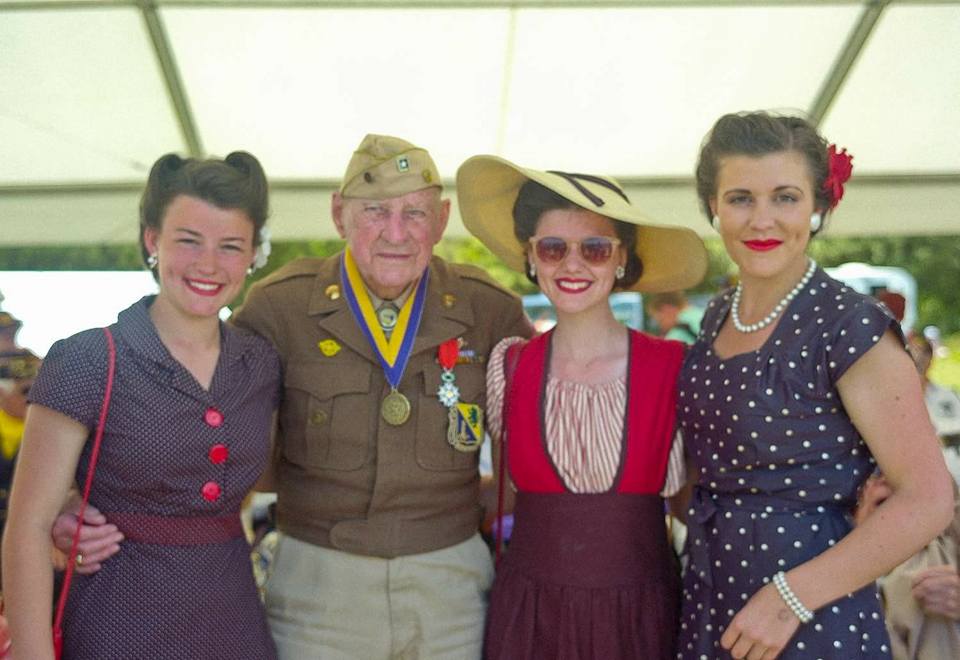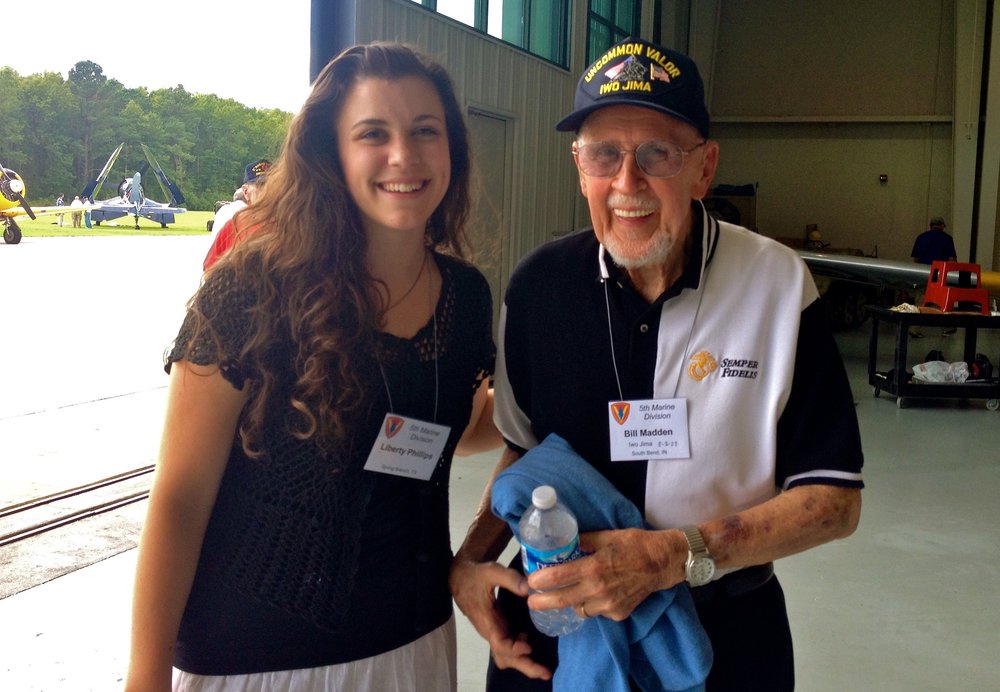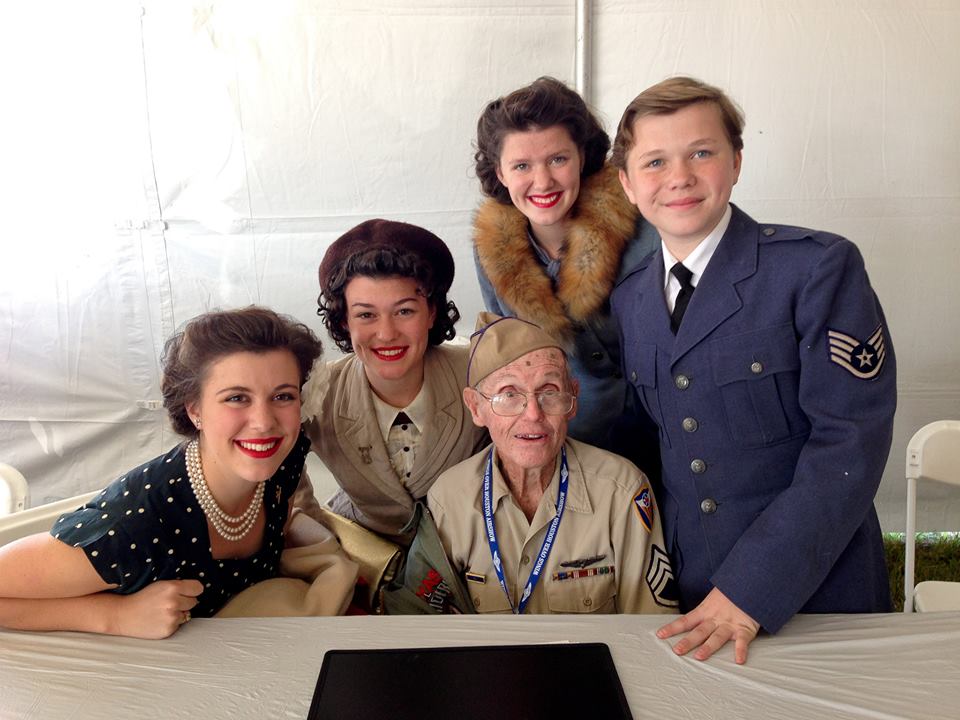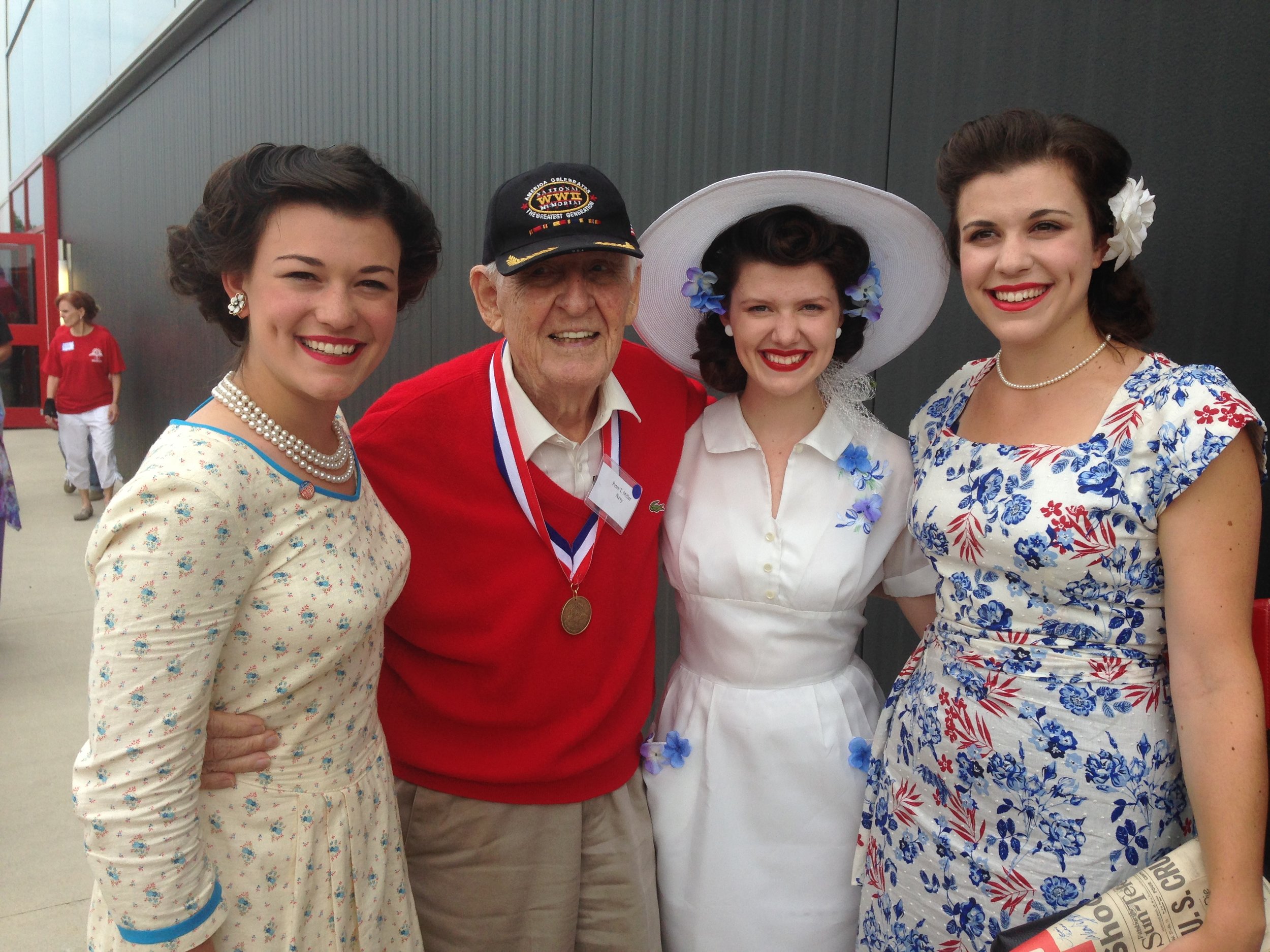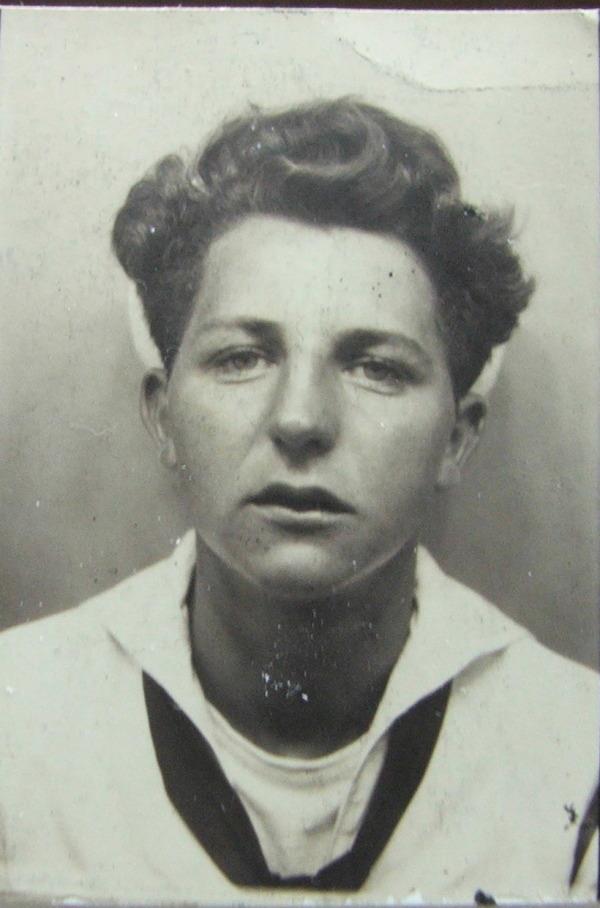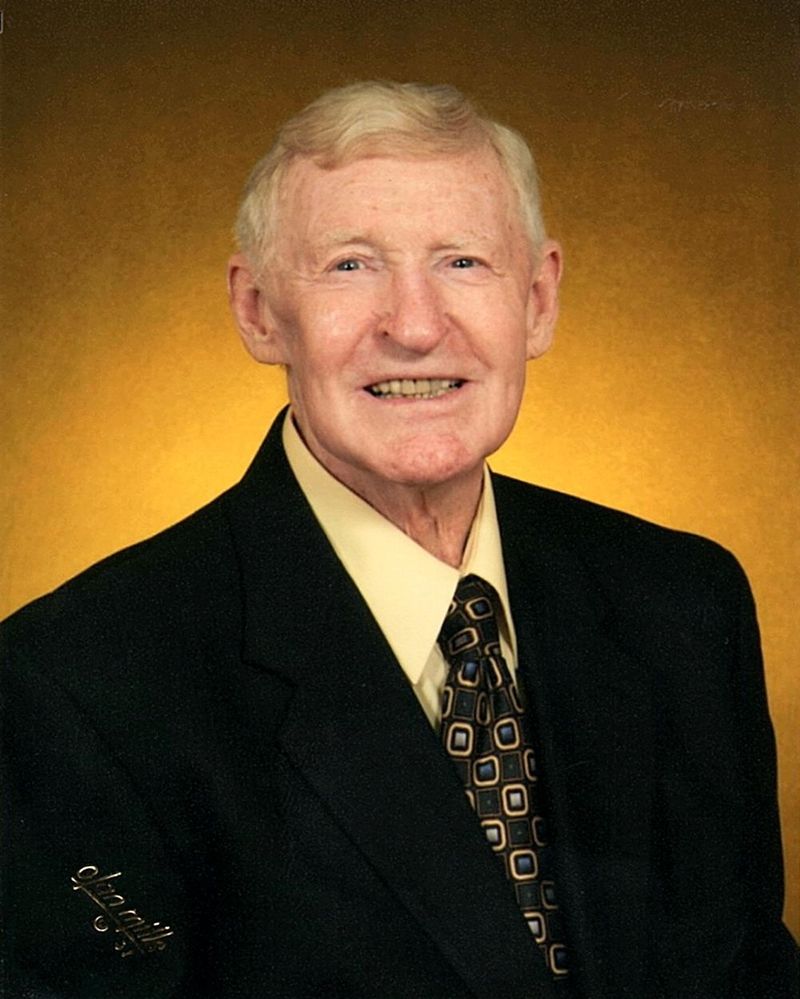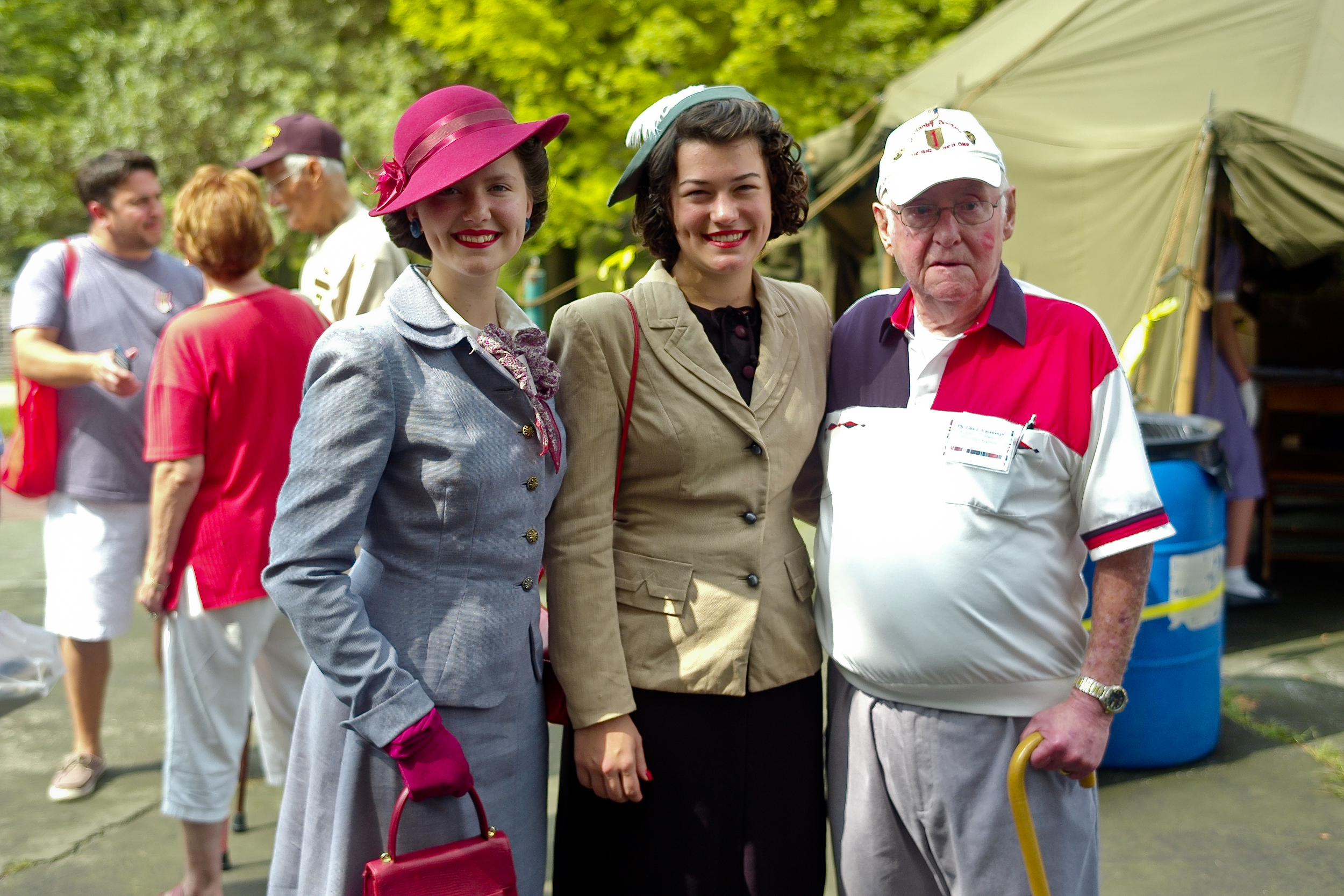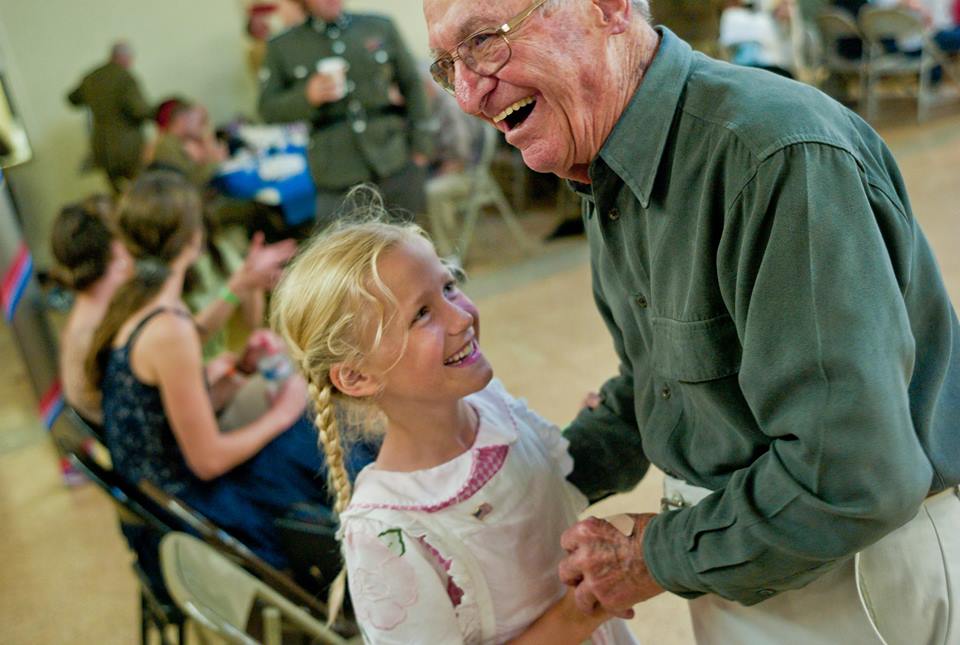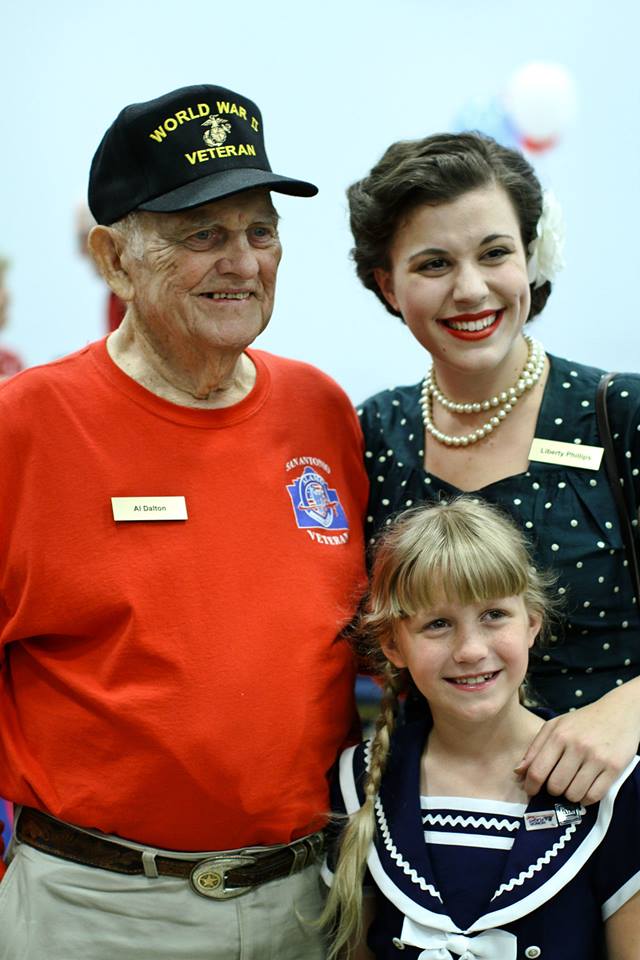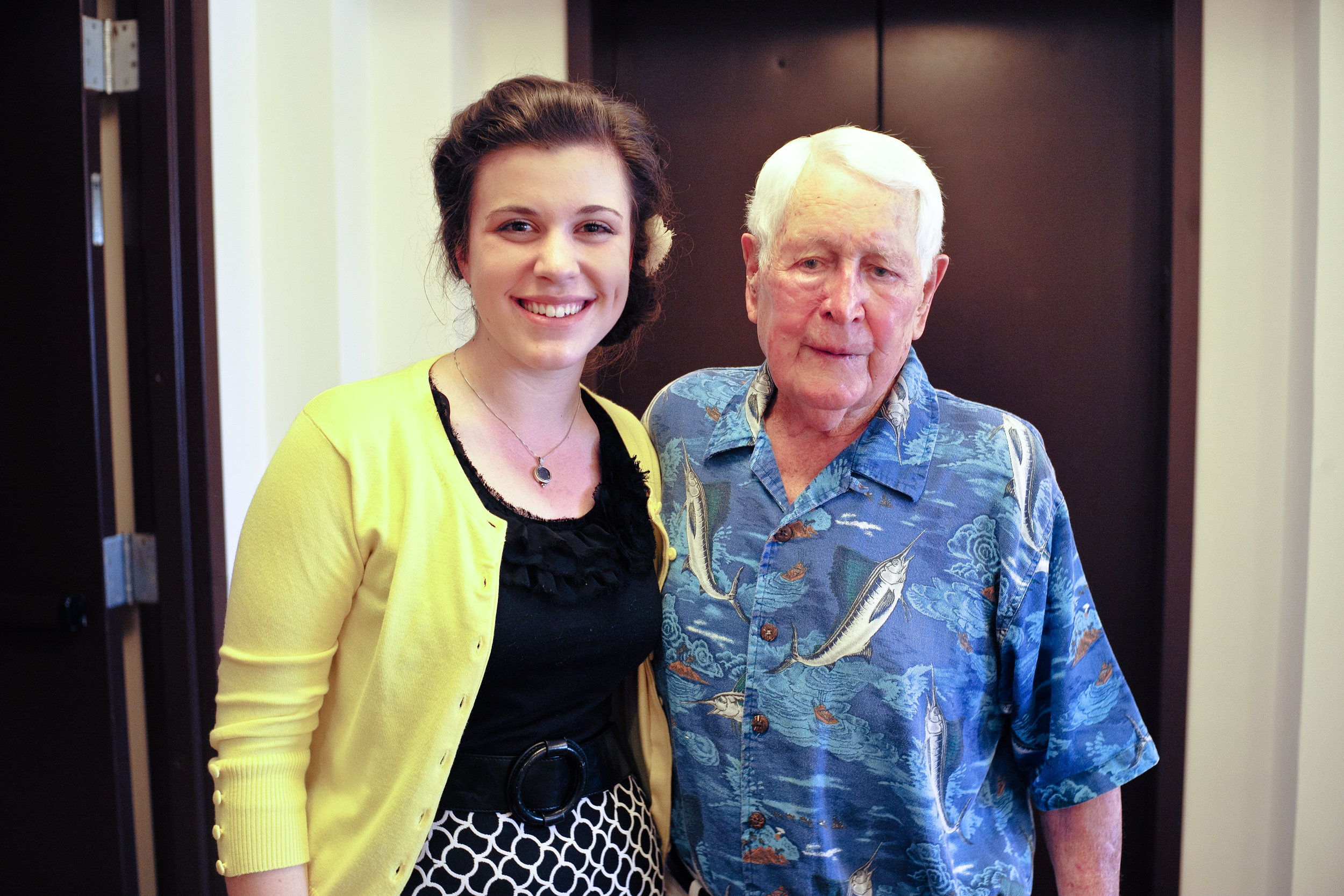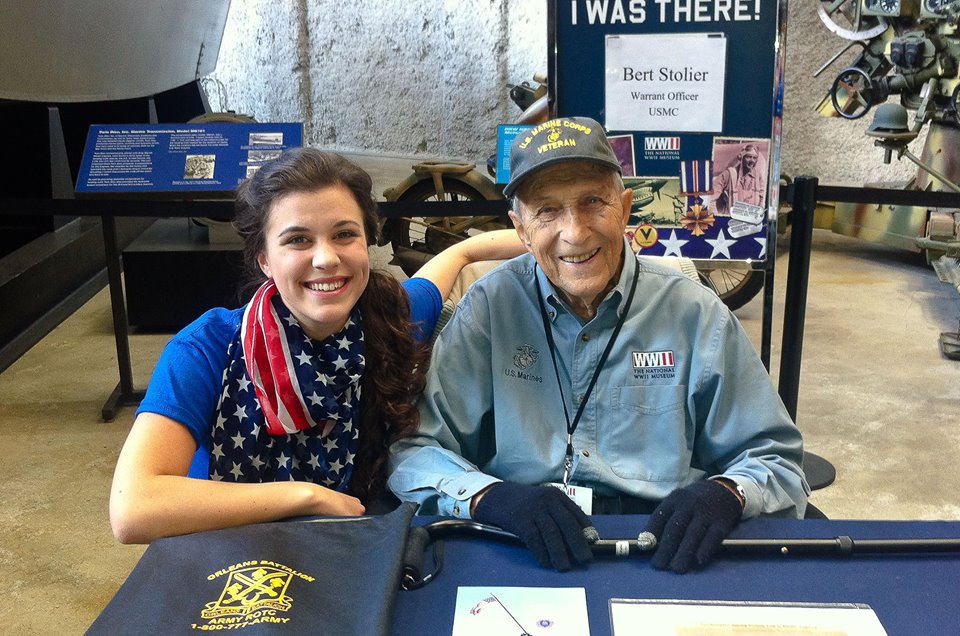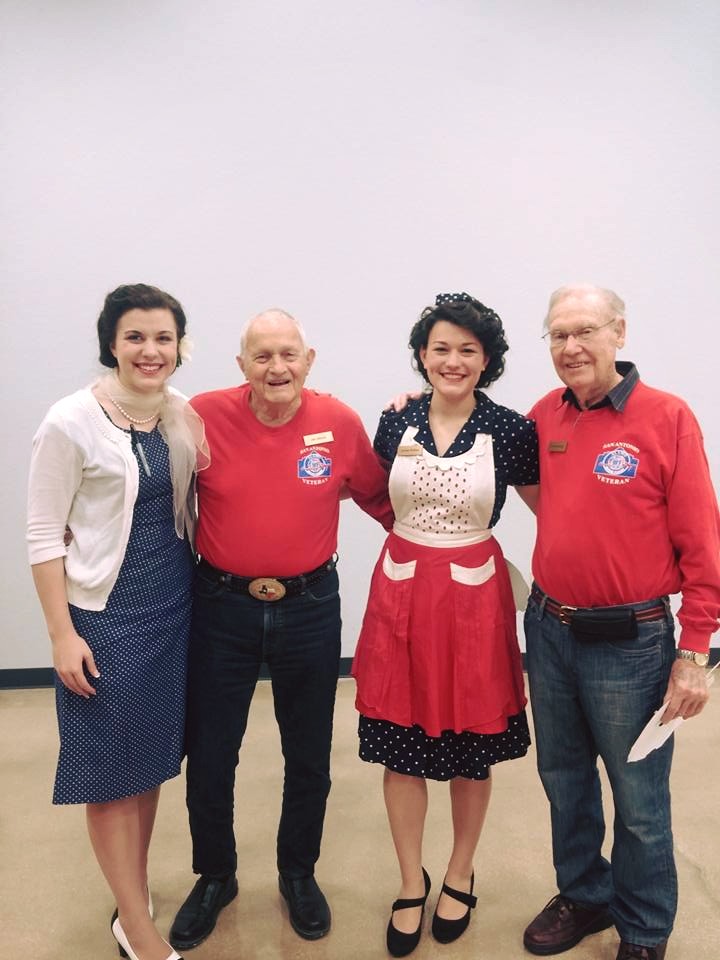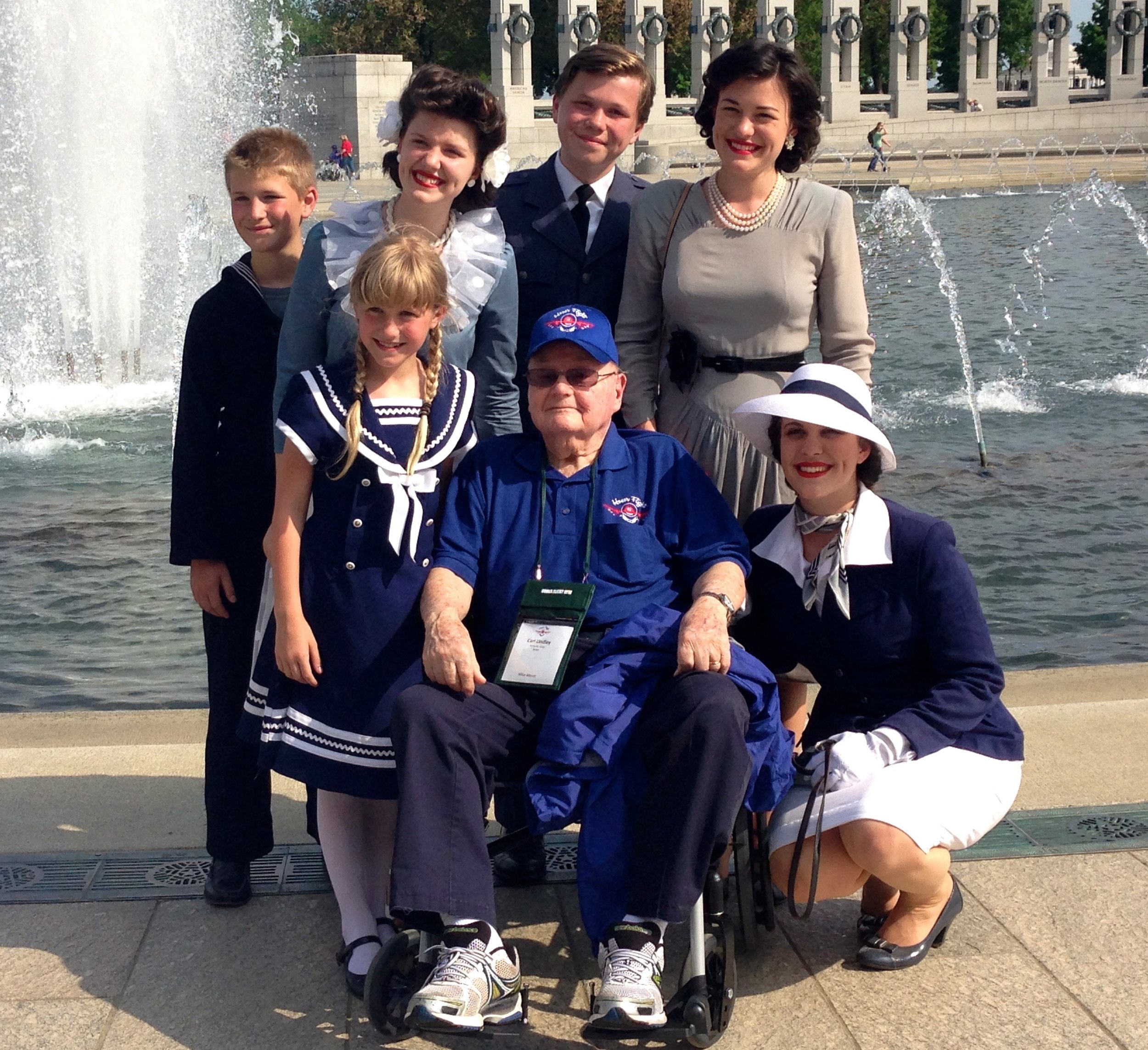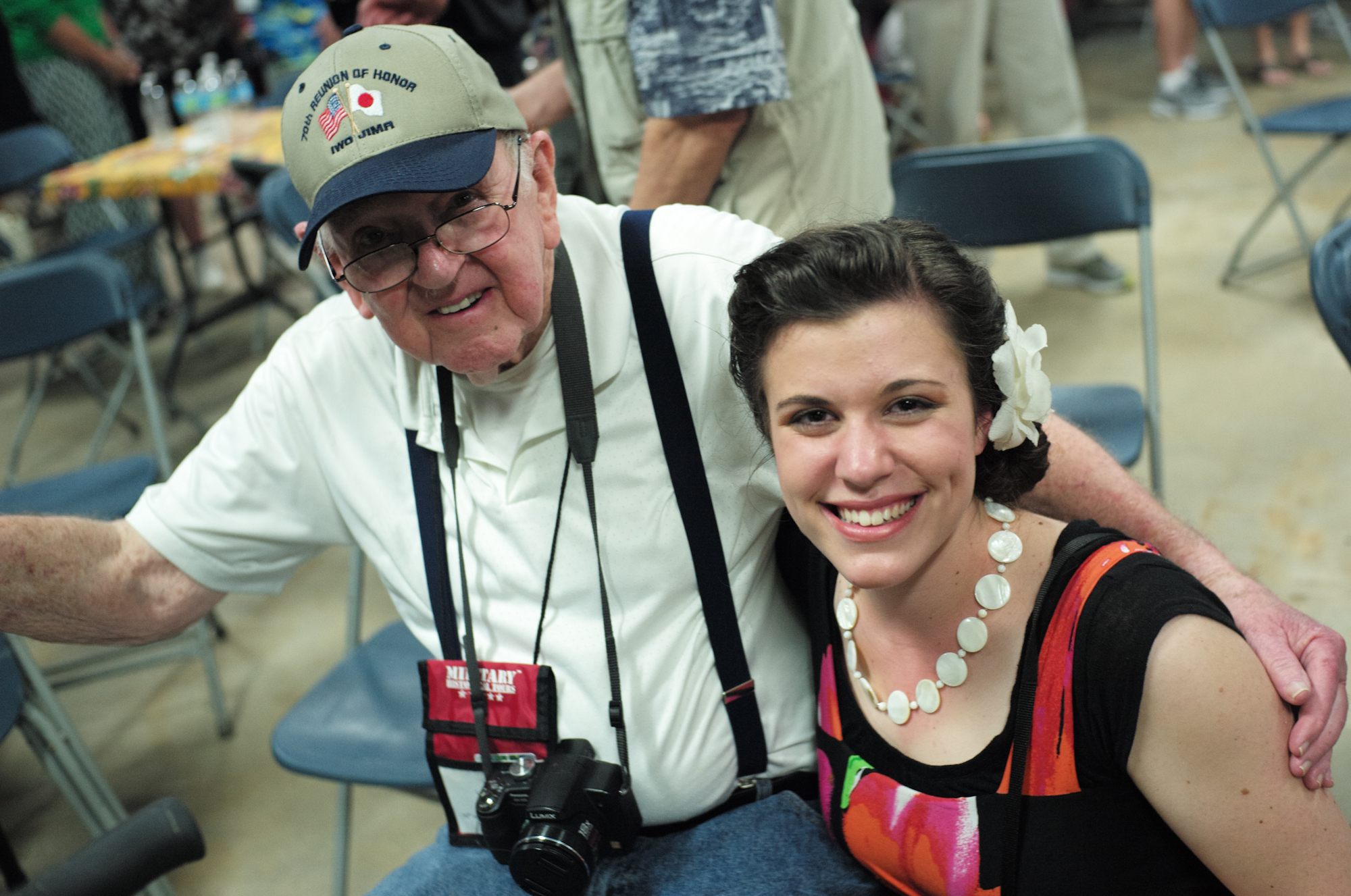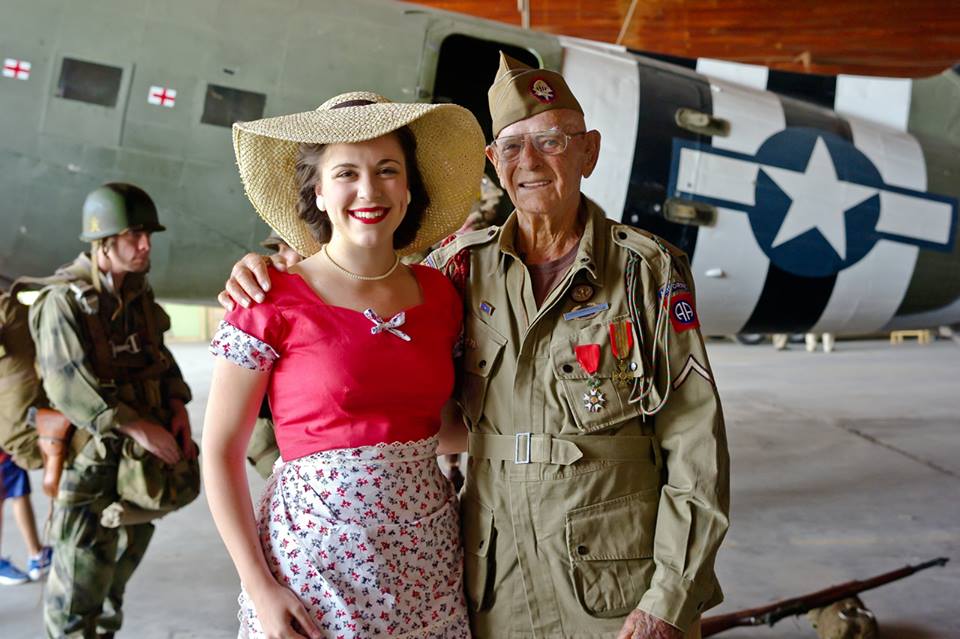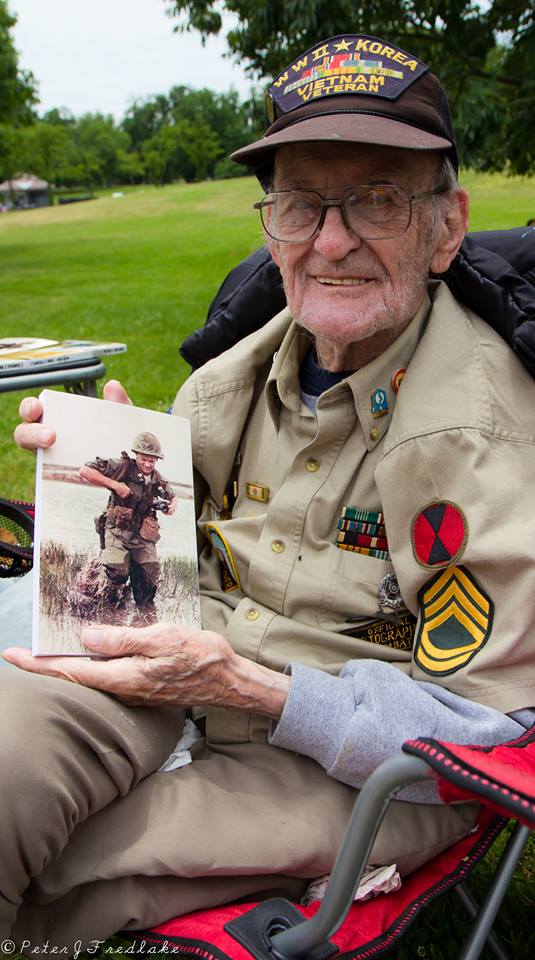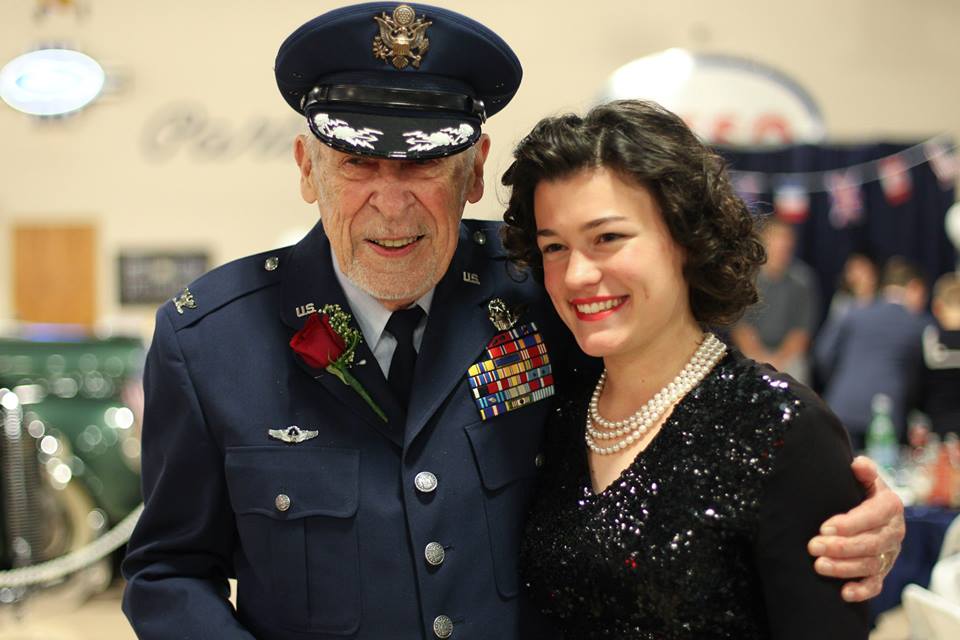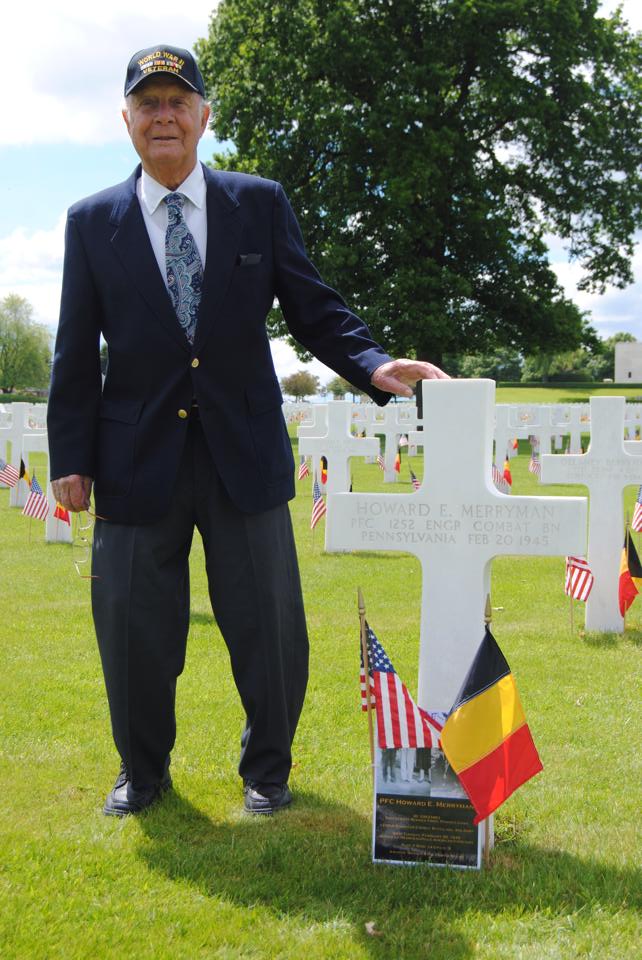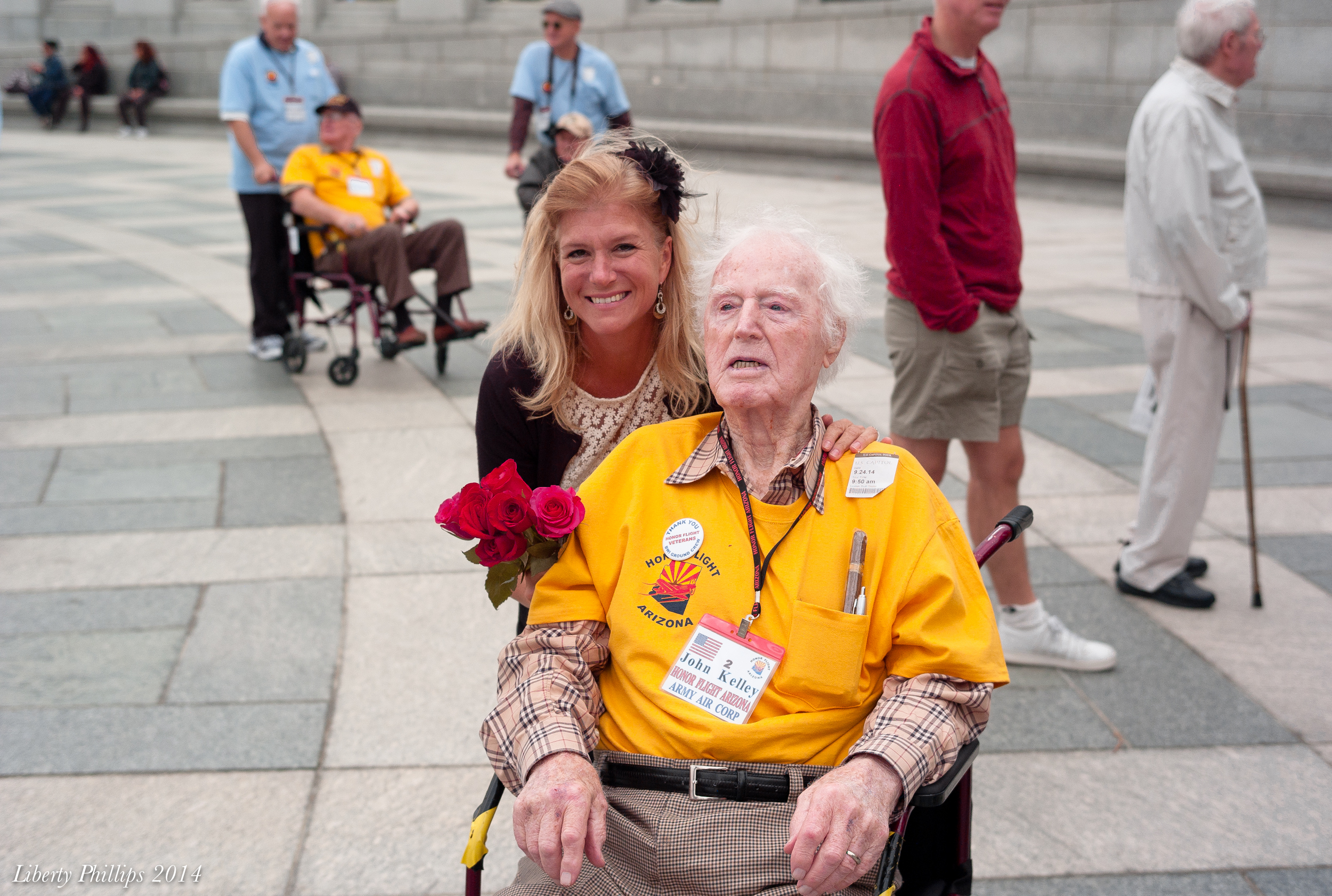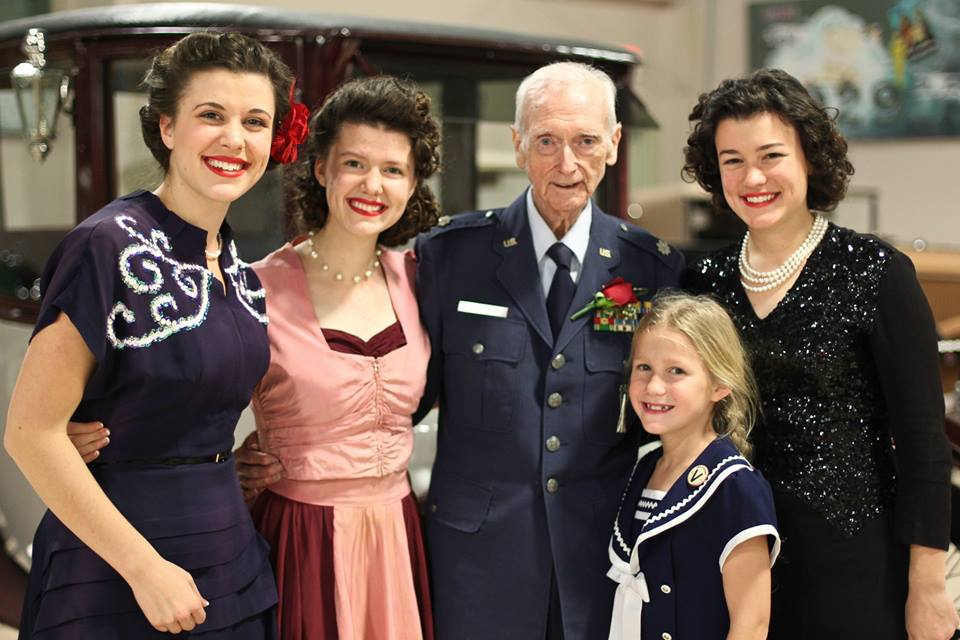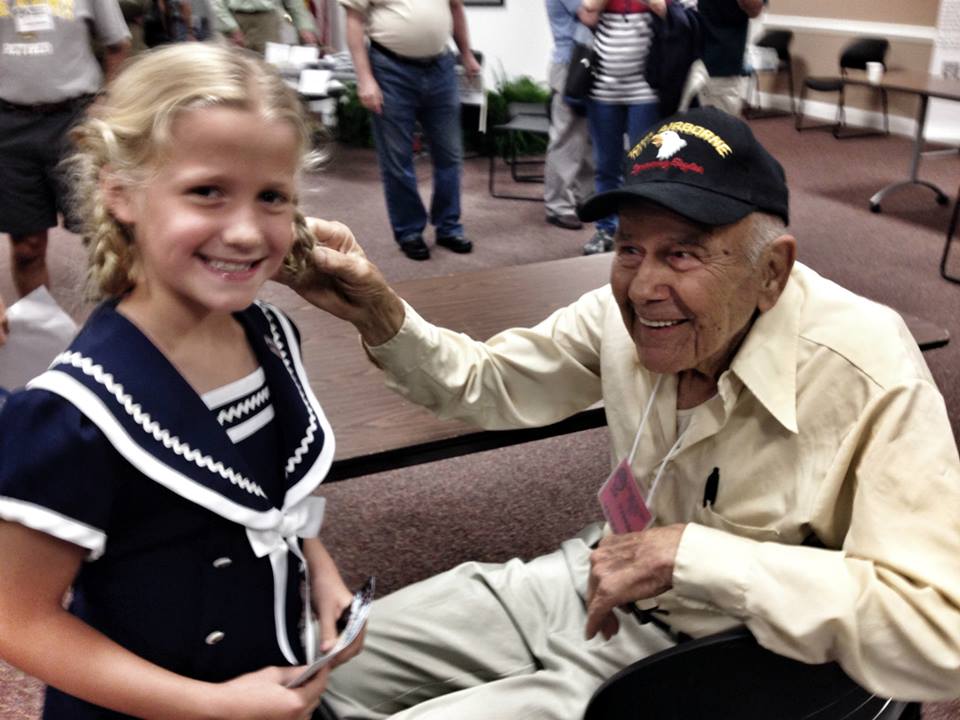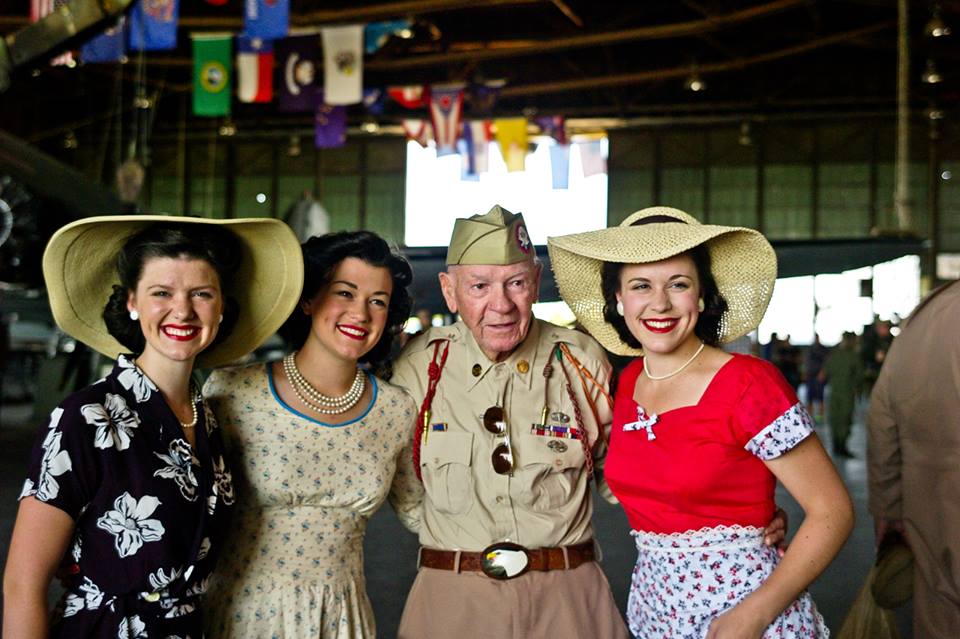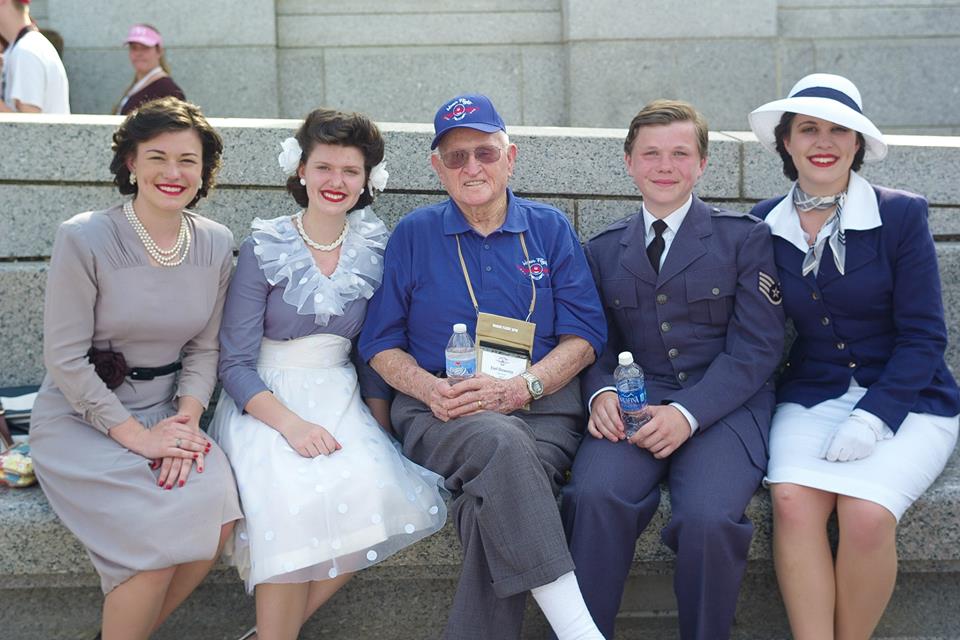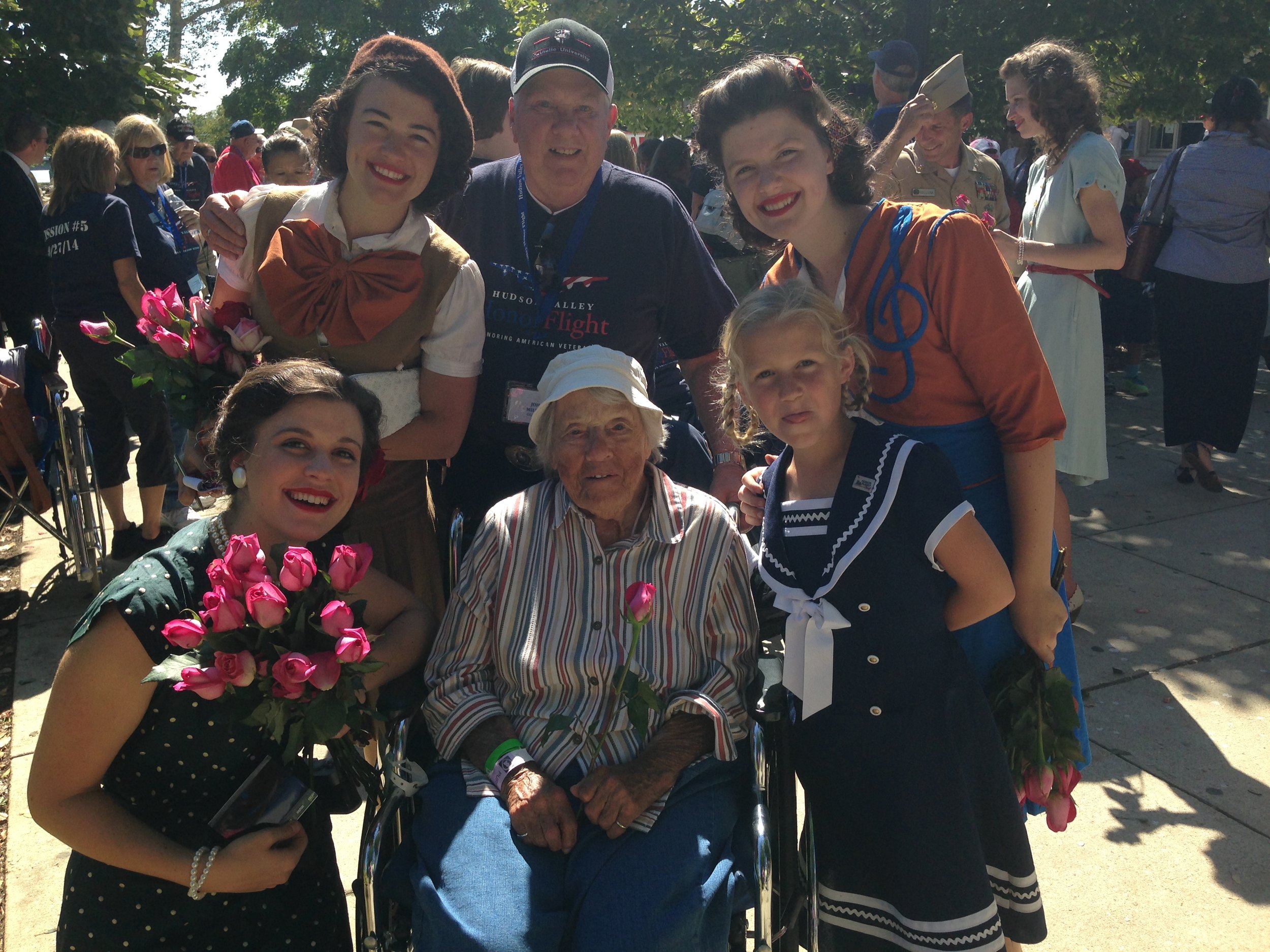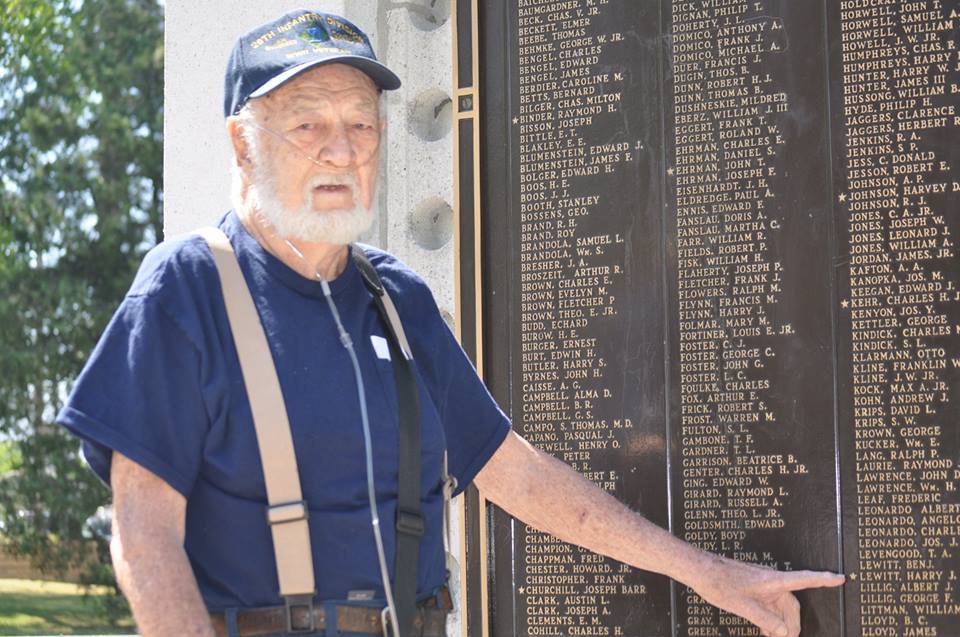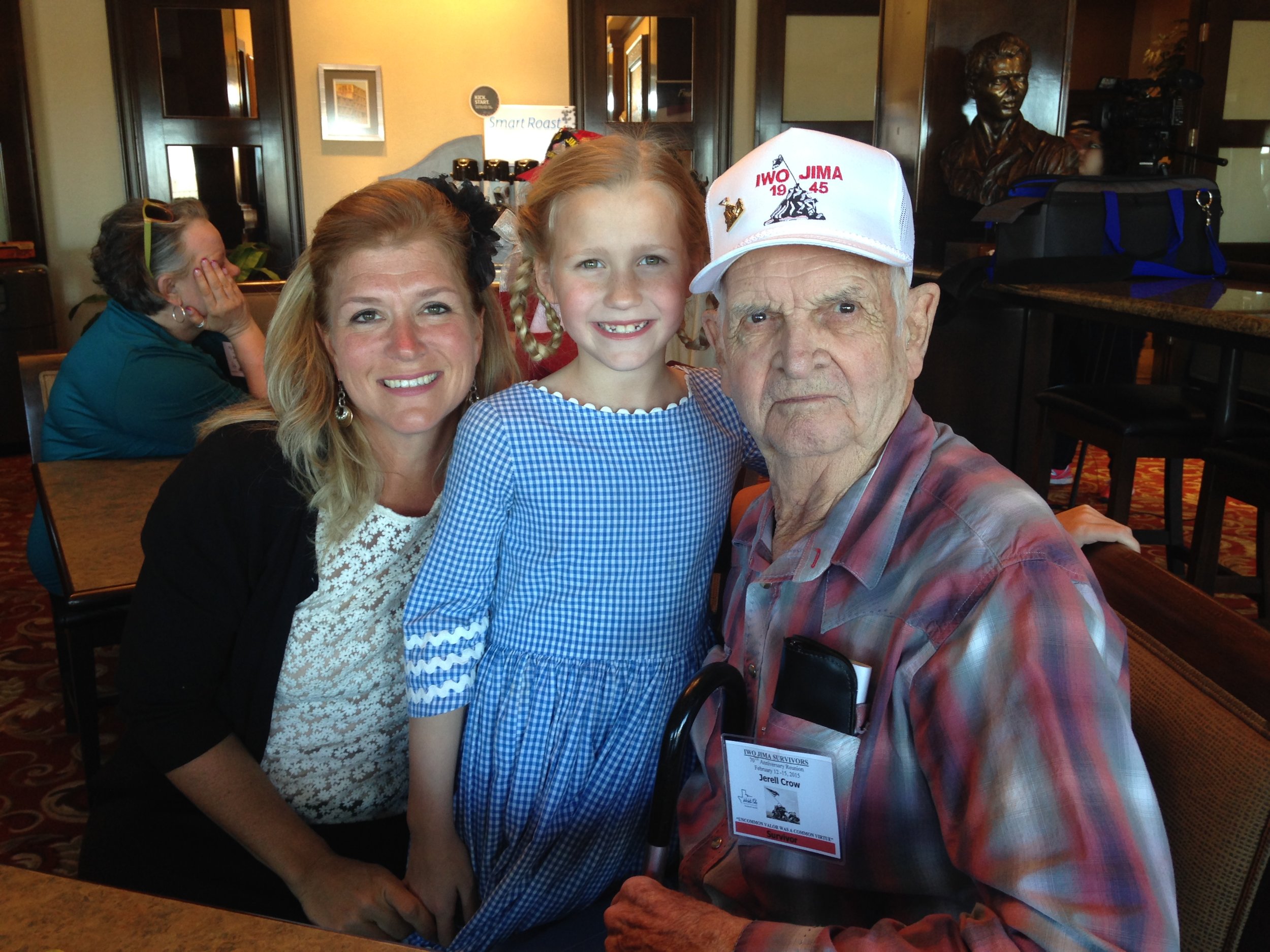The Boy Who Drew Sunken Spanish Galleons
/A few months ago we were driving through beautiful southern California, up and down winding roads, oohing and awing over the picturesque scene. Our GPS beeped and we slowed down, looking at the mailbox numbers for our destination (we've been known to knock on the wrong door before).Then we saw it - a hand-painted signpost of the 101st Screaming Eagle crowned by the word: Airborne. No mistaking... we were at the right spot.
When Bill Galbraith was a young boy, he once got into trouble in art class for drawing a sunken Spanish Galleon surrounded by the vast ocean, instead of the modernist depiction of the ocean-life the teacher had expected. The teacher marked up his picture, and in return he called her a nasty name.
The years went on and this imaginative young boy grew up (as all children seem to), but he didn't lose any of his creative or resourceful characteristics - though there was certainly a good dash of mischievousness in the mix. All this would soon come to play an unexpected part in his life when he found himself lying in a hospital in England, his future in question, after being seriously wounded in the leg and shoulder during the fighting around Eindhoven, Netherlands.
Paratrooper to the core, Bill had jumped with the 101st into Normandy during the wee hours of June 6, 1944. The fighting had been awful, but he made it out in one piece and was sent back to England with his unit for more training. When September 17th rolled around, he made his second combat jump into Holland for Operation Market-Garden. Unfortunately Market-Garden did not go as planned... but Bill wasn't around long enough to find out. On the 18th, during some street fighting near Eindhoven, he was hit in the leg by shrapnel from one of the infamous 88's. Crawling around the doorway of a house, he tried to see where the shooting was coming from, hoping to put a stop to it. At that moment he was hit again, this time in the shoulder. Falling back, helpless, he hit against the door of the house. The door suddenly opened, and a pair of strong Dutch hands dragged him in to safety.
Bill's wounds were nearly fatal for him. If it wasn't for a recent medical discovery, he would have lost his leg and been an invalid for life. Even with this blessing, however, it still took three years of intensive operations and rehabilitation treatments to fully heal his wounds. The process was long and painful, and at times no doubt seemed hopeless. But this is where the tenacious spirit of the little boy who drew sunken Spanish Galleons for school played a part.
A few months ago when we were in California for the Iwo Jima Reunion, we realized we were only a few short hours away from our dear and lovely friend, Mr. Galbraith. After calling him up with short, short notice, we stopped by for a visit. His drive-in was unmistakable with the Screaming Eagle he had painted on a post by the mailbox. It made us smile. He had told us about the wonderful eagle that protected his home, but it was something else to see it in person. His last combat jump might have been in 1944, but he was still a Paratrooper!
During our visit, he talked with us about his life over the years, the bonny Scotch/Irish war-bride he brought home to America, his magnificent paintings and drawings (it was no surprise to see countless paintings of ships sailing in fierce gales, surrounded by brilliant Screaming Eagles!), and walked us down memory lane as we poured through a scrapbook of photos and stories from WWII to his paratrooper reunions in later years. I'll tell you this, there is nothing quite like going through an old scrapbook and listening to the stories about each person, place, or event in the photos. We laughed at the funny stories, awed over the sweet stories, and got misty eyed as he showed us the pictures of his best friends who were lost. A lifetime of stories collected so neatly into one book.
Of all his fantastic stories, one that continues to stick out is what happened while he was in the hospital. Determined not to be overcome and unwilling to live in a constant foggy state from pain-relieving drugs, this imaginative boy turned United State Paratrooper decided to focus his mental energy on learning poetry. Line by line, day by day, month by month. Replacing pain with verse. Poetry of all sorts, but specifically the works of Robert Service, "Bard of the Yukon." And it worked! Between drawing wonderful pictures and memorizing glorious poems, these mental exercises did not leave much time to dwell on the pain. In mid-1947, he was released from the hospital, and the wounds became a thing of the past. However, 73 years later, he can still recite those verses he learned, whiling the hours away with his hospital chums. Recite *perfectly* I should add. As we sat in his living room, listening to him repeat from memory such classics as Dangerous Dan McGrew, The Cremation of Sam McGee, and The Sourdough Story, we couldn't but pick our jaws off the floor at his impeccable memory for verse.
There are so many lessons to learn from our dear friend Mr. Galbraith. His devotion to his fellow paratroopers was unquestionable. Never once was it "me" or "I." It was always, "we" or "they." "They were the brave ones." "We were like brothers." The camaraderie and loyalty between these men is surely one-of-a-kind.
His love for his wife is another lesson for us. An Irish girl, living in Scotland, he persuaded her to come to the unknowns of America and be his wife. Married 65 years with 10 beautiful children (he beat our family by 2!), it's a beautiful story for another time.
But I think the lesson from this story - the story of Spanish Galleons and Poetry - is that the little boy whose imagination ran away with him in art class later had the impetus to stretch his mental strength and put his mind to work, rather than take an easy way out with pain-medications. The pain went away, but the treasures he has stored in his memory have lasted for close to 75 years. How important is this mental battle! And the rewards reaped afterward are ever so wonderful.

























